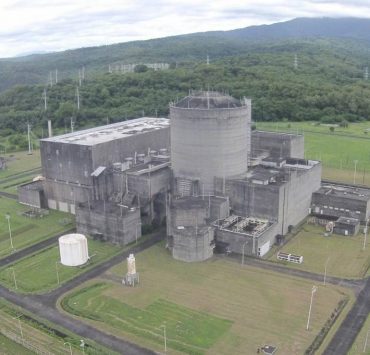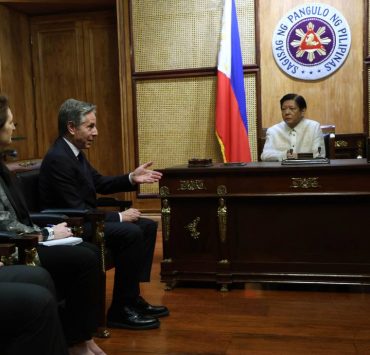Success of Bohol fisherfolk association’s alternative livelihood project proves Habito’s point
This refers to the column of Cielito F. Habito, “To see is to believe” (No Free Lunch, 3/12/24).
It was mentioned that farmers’ and fishers’ “to see is to believe” attitude exemplifies a basic barrier to making them more productive. “[It] suggests that the delivery of extension services is best done in a way that allows farmers to witness firsthand … the benefits of adopting improved technology and farm practices.” It further states: “Upon seeing what works, farmers apply the science-based methods and technologies learned in their own farms. Trained farmers are later asked to teach fellow farmers in their barangay as volunteer technician and extension workers.”
The above narrative has similarity to what happened in a fishing community in Bohol since the latter part of the 2000s. A fisherfolk association (FA) involved in coastal resource management (CRM) in partnership with two environmental funding institutions decided to change its alternative livelihood project from seaweed farming to milkfish floating cage culture. In order to determine its feasibility and viability in the project site, the members were trained on how to culture milkfish from fingerling to marketable size in a demo-size floating cage, from which income was derived. Having been convinced of the positive result, they were inspired to work hard in establishing a commercial-size project.
After several production cycles, the FA members guided by its chair had developed their knowledge, skills, and attitude relative to project management. After a few years, the chair was invited by FAs from other municipalities as resource person in the conduct of training on similar mariculture projects.
Finally, it states that “Nothing is more powerful to convincing farmers than having them see results with their own eyes. But equally vital … is ensuring accessible financing that will give farmers the resources to invest in superior technologies and practices, upon witnessing the benefits firsthand.”
In the case of said FA involved in CRM and equipped with the capability to expand its mariculture project, accessible financing should have been ensured in accordance with Presidential Decree No. 704 of 1975. It stipulates the “Declaration of Policy … of the State to accelerate and promote the integrated development of the fishery industry and to keep the fishery resources of the country in optimum productive condition through proper conservation and protection.” It further stipulates that “The government shall promote and encourage the organization of, provide the assistance to, and help integrate the activities of persons, associations, cooperatives, and corporations engaged in the industry. … [T]he fishery industry shall be considered as preferred area of investment.”
Edmundo Enderez, edmenderez@gmail.com

















